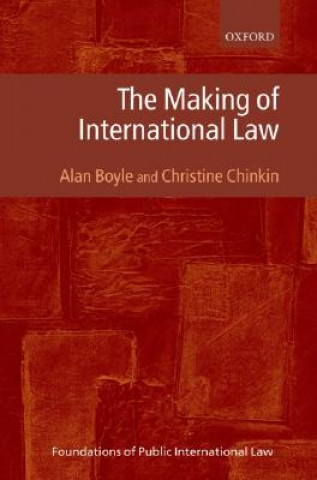
Kód: 04866453
Making of International Law
Autor Alan Boyle, Christine Chinkin
This is a study of the principal negotiating processes and law-making tools through which contemporary international law is made. It does not seek to give an account of the traditional - and untraditional - sources and theories of ... celý popis
- Jazyk:
 Angličtina
Angličtina - Vazba: Brožovaná
- Počet stran: 368
Nakladatelství: Oxford University Press, 2007
- Více informací o knize

Mohlo by se vám také líbit
-
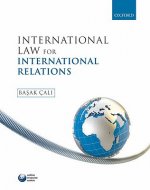
International Law for International Relations
4189 Kč -

Letters of Charlotte Bronte: Volume II: 1848-1851
12628 Kč -

Quantum Inspired Intelligent Systems
3289 Kč -

Codes, Ciphers and Secret Writing
152 Kč -

Toward an Evolutionary Regime for Spectrum Governance
555 Kč -

Combinatorial Games
2838 Kč -

Domestic Deployment of the Armed Forces
5255 Kč
Dárkový poukaz: Radost zaručena
- Darujte poukaz v libovolné hodnotě a my se postaráme o zbytek.
- Poukaz se vztahuje na celou naši nabídku.
- Elektronický poukaz vytisknete z e-mailu a můžete ihned darovat.
- Platnost poukazu je 12 měsíců od data vystavení.
Více informací o knize Making of International Law
Nákupem získáte 263 bodů
 Anotace knihy
Anotace knihy
This is a study of the principal negotiating processes and law-making tools through which contemporary international law is made. It does not seek to give an account of the traditional - and untraditional - sources and theories of international law, but rather to identify the processes, participants and instruments employed in the making of international law. It accordingly examines some of the mechanisms and procedures whereby new rules of law are created or old rules are amended or abrogated. It concentrates on the UN, other international organisations, diplomatic conferences, codification bodies, NGOs, and courts. Every society perceives the need to differentiate between its legal norms and other norms controlling social, economic and political behaviour. But unlike domestic legal systems where this distinction is typically determined by constitutional provisions, the decentralised nature of the international legal system makes this a complex and contested issue. Moreover, contemporary international law is often the product of a subtle and evolving interplay of law-making instruments, both binding and non-binding, and of customary law and general principles. Only in this broader context can the significance of so-called 'soft law' and multilateral treaties be fully appreciated. An important question posed by any examination of international law-making structures is the extent to which we can or should make judgments about their legitimacy and coherence, and if so in what terms. Put simply, a law-making process perceived to be illegitimate or incoherent is more likely to be an ineffective process. From this perspective, the assumption of law-making power by the UN Security Council offers unique advantages of speed and universality, but it also poses a particular challenge to the development of a more open and participatory process observable in other international law-making bodies.
 Parametry knihy
Parametry knihy
Zařazení knihy Knihy v angličtině Society & social sciences Politics & government International relations
2629 Kč
- Plný název: Making of International Law
- Autor: Alan Boyle, Christine Chinkin
- Jazyk:
 Angličtina
Angličtina - Vazba: Brožovaná
- Počet stran: 368
- EAN: 9780199213795
- ISBN: 0199213798
- ID: 04866453
- Nakladatelství: Oxford University Press
- Hmotnost: 536 g
- Rozměry: 234 × 156 × 21 mm
- Datum vydání: 22. February 2007
Oblíbené z jiného soudku
-

On Palestine
290 Kč -

Prisoners of Geography
276 Kč -
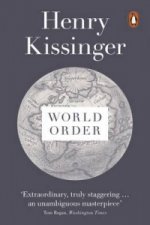
World Order
303 Kč -
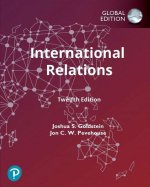
International Relations, Global Edition
2700 Kč -

Grand Chessboard
561 Kč -
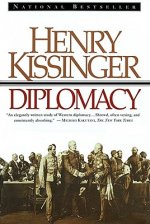
Diplomacy
487 Kč -
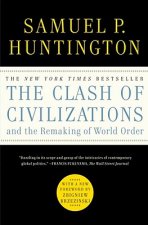
Clash of Civilizations and the Remaking of World Order
454 Kč -
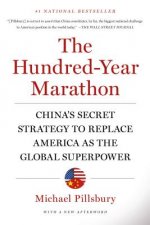
Hundred-Year Marathon
419 Kč -

The Spy and the Traitor
323 Kč -

Understanding the Intelligence Cycle
1811 Kč -

Who Rules the World?
302 Kč -
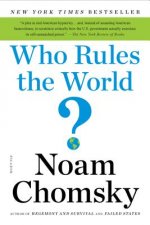
Who Rules the World?
302 Kč -
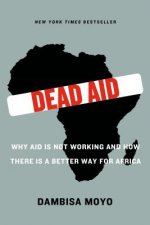
Dead Aid
429 Kč -
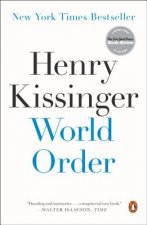
World Order
378 Kč -

Adults In The Room
378 Kč -

Legacy of Ashes
476 Kč -
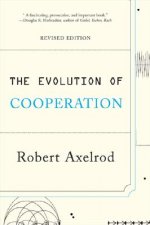
Evolution of Cooperation
471 Kč -
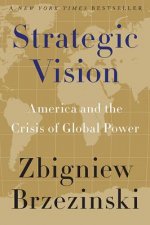
Strategic Vision
410 Kč -

Secret World
542 Kč -
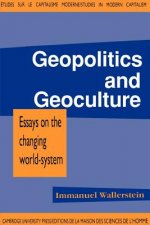
Geopolitics and Geoculture
543 Kč -
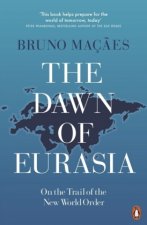
Dawn of Eurasia
302 Kč -
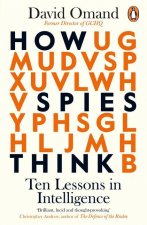
How Spies Think
323 Kč -

Gaza in Crisis
302 Kč -

Planetary Cycles Mundane Astrology
479 Kč -

OVERTHROW : AMERICA'S CENTURY OF REGIME
624 Kč -
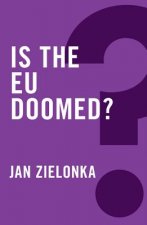
Is the EU Doomed?
612 Kč -

Righteous Victims
593 Kč -

Directorate S
431 Kč -

Europe's Border Crisis
1121 Kč -
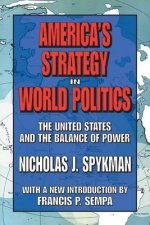
America's Strategy in World Politics
1763 Kč -

Destroying Libya and World Order
481 Kč -

amantes del fin del mundo
568 Kč -

My Nationalist Pony
854 Kč -

Critical Practices in International Theory
5256 Kč -

American Century and Beyond
592 Kč -
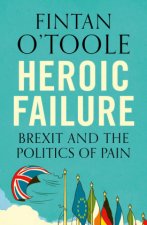
Heroic Failure
302 Kč -

Oxford Handbook of the European Union
1428 Kč -

Rise and Kill First
487 Kč -

PEACE TO END ALL PEACE
608 Kč -
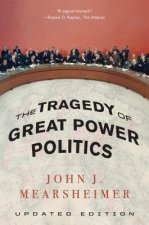
Tragedy of Great Power Politics
470 Kč -
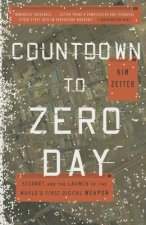
Countdown to Zero Day
401 Kč -

Revenge of Geography
520 Kč -
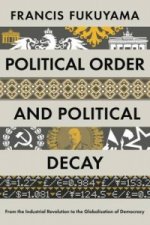
Political Order and Political Decay
410 Kč -
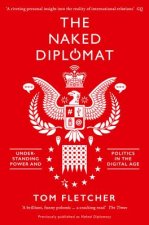
Naked Diplomat
356 Kč -

Against Our Better Judgment
317 Kč -

After the Empire
396 Kč -

Legacy of Ashes
517 Kč -
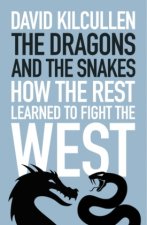
Dragons and the Snakes
794 Kč -
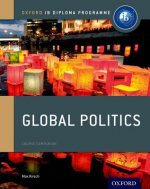
Oxford IB Diploma Programme: Global Politics Course Book
1485 Kč
Osobní odběr Praha, Brno a 12903 dalších
Copyright ©2008-24 nejlevnejsi-knihy.cz Všechna práva vyhrazenaSoukromíCookies



 Vrácení do měsíce
Vrácení do měsíce 571 999 099 (8-15.30h)
571 999 099 (8-15.30h)